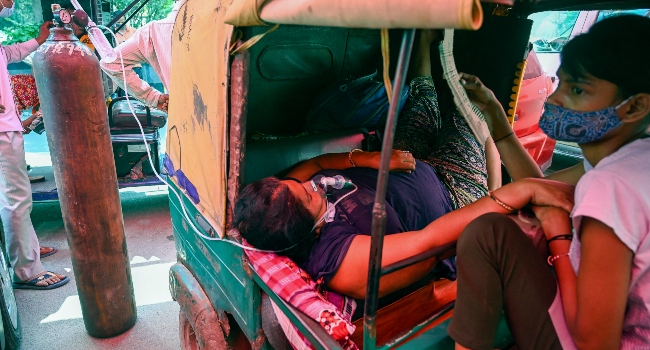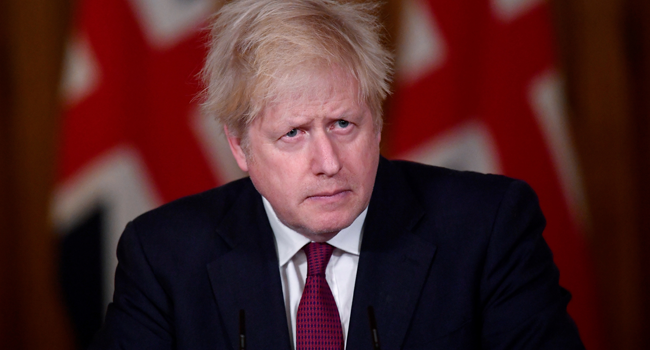UK Sends 1,000 More Ventilators To India

![]()
The UK said Sunday it was sending an extra 1,000 oxygen ventilators to Covid-struck India, as a group of doctors staged their own intervention by offering long-distance telemedicine from Britain.
Britain has already sent 495 oxygen concentrators and 200 ventilators to India as the country grapples with a devastating surge in coronavirus cases, and is shipping three larger production units, dubbed oxygen factories.
“We’re going to be sending out another package of 1,000 ventilators, very shortly,” Foreign Secretary Dominic Raab told BBC television.
Raab is set to meet India’s External Affairs Minister Subrahmanyam Jaishankar on Monday on the margins of G7 talks this week in London.
Prime Minister Boris Johnson is also due to hold a virtual meeting with Indian counterpart Narendra Modi, after cancelling a trip to New Delhi in light of the Covid crisis.

Britain will do everything it can in India’s “hour of need”, Raab said, although the government says it has no coronavirus vaccines to spare at this time.
Britain is home to a large Indian diaspora, which has mobilised with fundraising appeals to help supply oxygen and protective equipment to hospitals in India.
READ ALSO: India Hospital Fire Kills 16 Coronavirus Patients, 2 Nurses
Members of the British Association of Physicians of Indian Origin (BAPIO) have meanwhile started to hold remote consultations with patients requiring non-urgent care in India, to ease the load on hard-pressed medics there.
“We are trying to do as much as we can in the form of fundraising to send equipment in the form of oxygen concentrators, creating capacity for ICU (intensive card) beds, BAPIO secretary Parag Singhal told Sky News.
“So that’s one stream of work, but we are also trying to offer help to our exhausted colleagues in India — doctors are overstretched, they’re working too hard,” the professor said.
As well as phone and online consultations, BAPIO doctors are analysing the results of routine tests conducted in Indian hospitals, he said.
Some 250 volunteers from Britain have signed up to the telemedicine initiative, and the group is aiming to get 1,000 in all, working in partnership with hospitals and smaller clinics especially in more remote parts of India.
AFP


